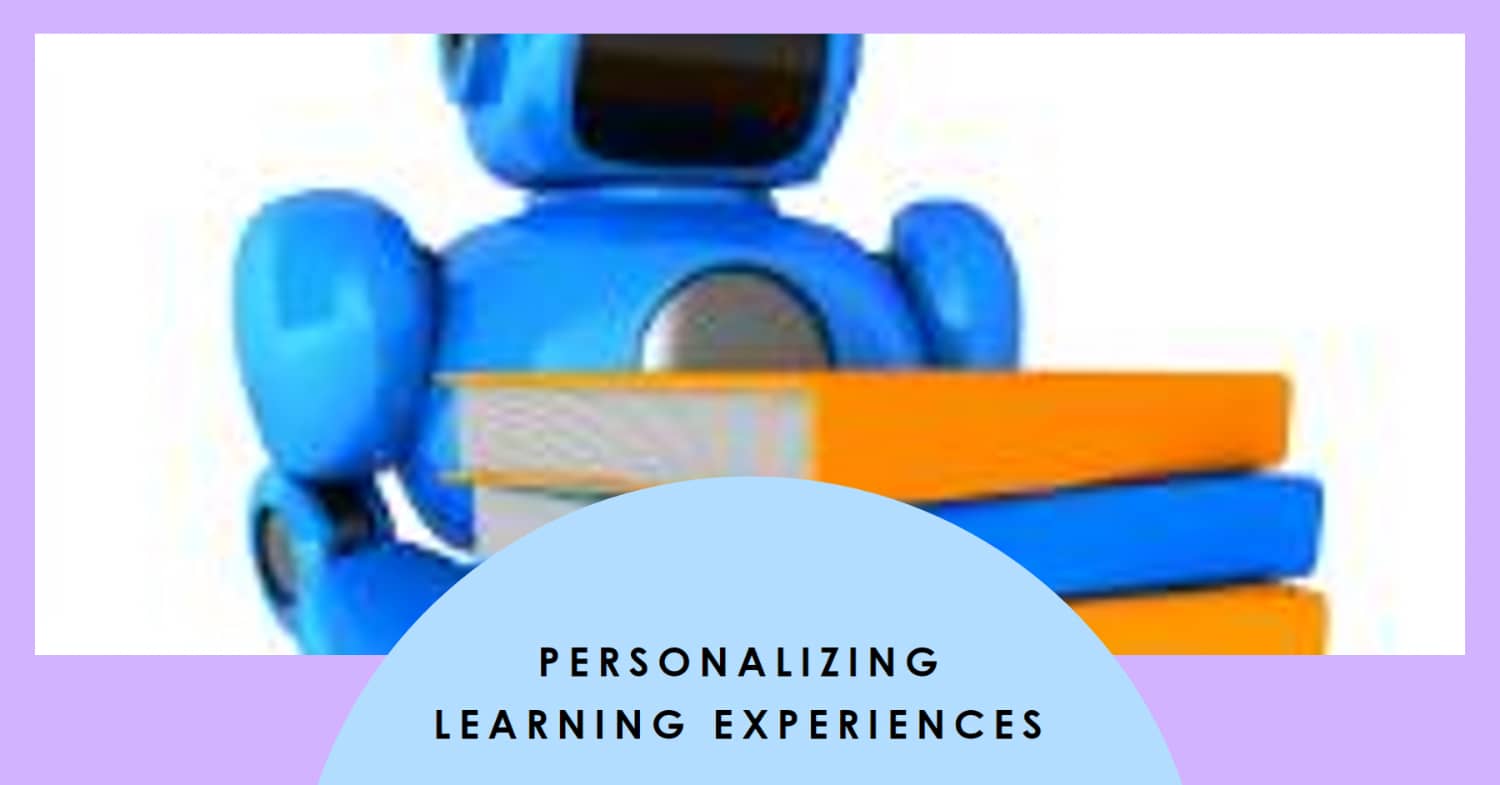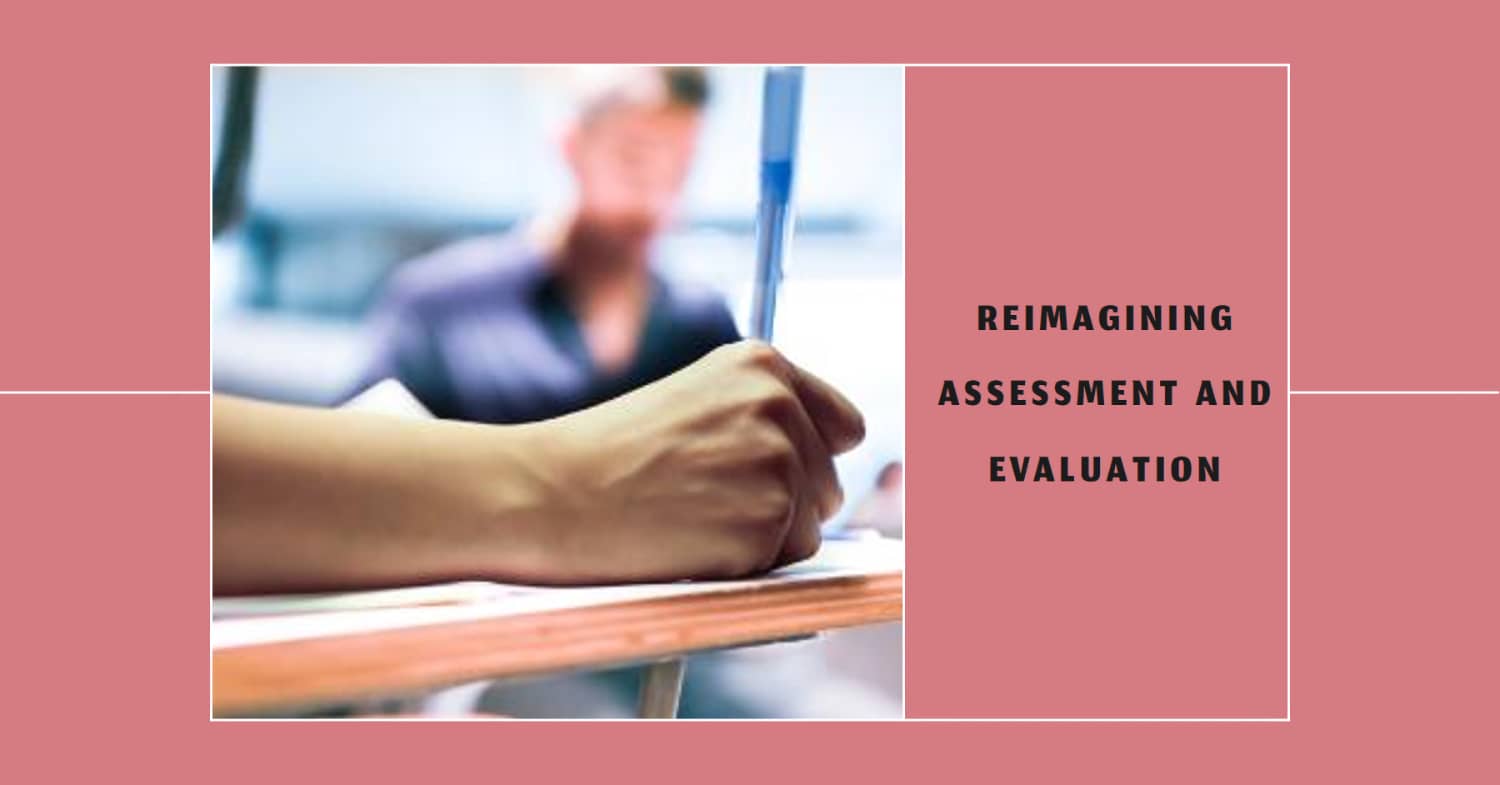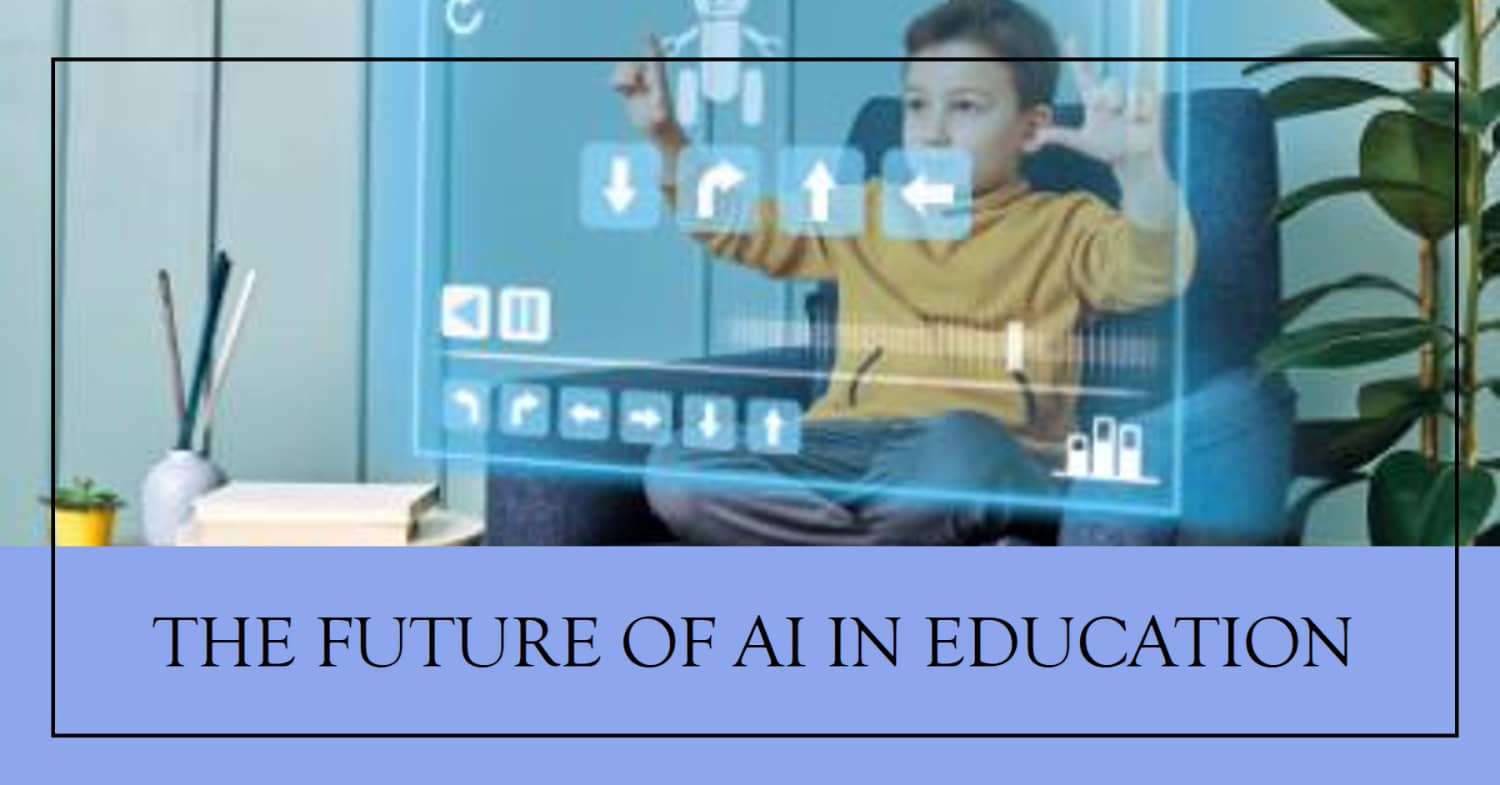Artificial intelligence (AI) is rapidly revolutionizing education. As AI-powered technologies like personalized learning, intelligent tutoring systems, and real-time assessments continue advancing, they are profoundly transforming how students learn and teachers teach. AI has the potential to make learning experiences more adaptive, engaging, and empowering for all.
A recent study found that the global AI in education market is projected to grow at a staggering CAGR of 49% from 2022 to 2028, highlighting the incredible momentum of AI adoption in academics. With capabilities like data analytics, machine learning, and natural language processing, AI can customize instruction, provide instant feedback, and make learning accessible to those with diverse needs. However, effectively integrating AI into education also raises complex challenges regarding ethics, equitable access, and privacy.
This article will explore the multifaceted impact AI is having across today's educational landscape - from enhancing personalized learning journeys to automating assessments and improving accessibility. We will analyze key opportunities as well as potential pitfalls to responsibly embrace AI's possibilities in shaping more adaptive, inclusive and engaging learning experiences for all. Let's examine how artificial intelligence is revolutionizing education.

Personalizing Learning Experiences
One of the most transformative impacts of AI in the classroom is enabling hyper-personalized learning experiences adapted to each student's needs and interests.
Tailoring Instruction to Learning Styles
Leveraging data analytics and machine learning algorithms, AI education platforms can analyze variables like:
Prior academic performance
Areas of strength/weakness
Engagement levels across subjects
Preferred learning modalities (visual, auditory, kinesthetic)
Based on these insights, AI systems can customize pedagogical approaches, including:
Adaptive lesson sequencing - Presenting concepts and assignments tuned to evolving skill levels
Multimedia integration - Blending interactive content like videos, podcasts, and visual aids to cater to different learning preferences
Reinforcement activities - Crafting practice questions and assessments aligned to mastery levels
For example, Century Tech's AI platform creates a personalized learning path for each student, adjusting lesson difficulty and form to match their needs and aptitudes.
Scaffolding Struggling Students
AI also plays a powerful role in providing scaffolded support to struggling learners. Intelligent tutoring systems like Carnegie Learning leverage complex algorithms to diagnose problem areas and continuously adjust guidance to the learner's pace of understanding.
As students grapple with new concepts, AI tutors patiently break down instructions, offer feedback and promote long-term retention. This hyper-personalized scaffolding helps below-grade level students gain confidence in their abilities and achieve academic growth.
In essence, artificially intelligent platforms are enhancing differentiation so each student receives the right content at the right level at the right time - transforming education to be learner-centric.

Driving Growth Through Instant Feedback
One of the most valuable contributions of AI in schools is enabling real-time feedback to amplify learning and provide academic support.
Automating Assessments
AI algorithms possess powerful pattern recognition capabilities to evaluate test responses and written work for correctness. Platforms like Edulastic and Gradescope leverage these skills to automate grading tasks like:
Checking answers on multiple-choice questions
Flagging errors in free response questions
Detecting plagiarism by comparing student submissions
Scanning bubble sheets and scoring assessments
This instant feedback allows students to pinpoint areas of weakness and teachers to track class progress. Automated grading also reduces workload for educators, freeing up time for high-value tasks like one-on-one mentoring.
Generating Insights Through Data Analytics
In addition to assessment automation, AI educational platforms harness big data and speech analytics to uncover real-time insights on student engagement and performance.
Sophisticated algorithms can identify trends like:
Spikes or drops in individual activity levels
Consistent struggles with particular topics
Early warning signs predicting dropouts
These granular insights empower teachers to craft targeted interventions - from personalized progress reports to remedial content recommendations. Data-driven visibility facilitates informed decision making to nurture student success.
In summary, AI is strengthening the feedback loop between learners, instructors and academic resources - helping schools make data-backed decisions to drive student outcomes.

Expanding Accessibility and Inclusion
AI advancements are helping tear down barriers to education faced by many students, including those with disabilities or language challenges.
Supporting Diverse Learning Needs
Every student has unique needs. AI allows customized support so all students can achieve their potential, including:
Students with disabilities - AI powers assistive technologies like speech-to-text apps, predictive text, and visual interpreters to remove obstacles.
English language learners - Smart platforms provide multilingual vocabulary building, translations and language models for personalized language training.
Underserved communities - Intelligent tutors and online access promote equity, reaching students in remote areas.
For example, Third Space Learning provides one-on-one human and AI tutoring to bolster math competencies for disadvantaged students.
Category | Example AI-powered Supports |
Visual Impairments | Screen readers, audiobooks, Braille translation |
Learning Disabilities | Voice commands, grammar assistance, digital concept mapping |
Socioeconomic Barriers | Subsidized access, differentiated instruction, microscholarships |
Fostering Inclusiveness
In addition to accessibility, AI is helping foster more inclusive learning environments. Algorithms are being developed to detect and mitigate issues like:
Gender, racial or disability bias in instructional content
Prejudice in automated assessments and grading
Toxic patterns in online class discussions
Initiatives like IBM's AI Fairness 360 open-source library promote algorithmic transparency, integrity and fairness - underscoring the immense potential of AI to advance equity in the classroom.
With personalized accommodations and equitable access, AI is helping schools promote inclusive excellence where all students feel valued and supported.

Reimagining Assessment and Evaluation
AI is driving sweeping changes in how student progress is measured, tests are scored, and data is utilized to refine teaching practices.
Automating Grading
Formerly manual, repetitive assessment activities are now being automated using AI capabilities like:
Machine learning algorithms that can evaluate written responses, identify errors, and assign accurate scores.
Natural language processing to digest linguistic patterns within test responses to gauge comprehension levels.
Computer vision to scan and grade multiple-choice bubble sheets instantaneously.
Platforms like Gradescope, Edulastic and self-developed systems are alleviating grading workloads. This allows teachers more time to nurture student relationships and continuously refine instructional strategies.
Uncovering Actionable Analytics
In addition to automating rote tasks, AI systems are adept at uncovering insights from assessment data analytics. By aggregating performance metrics across student populations over time, AI can spotlight trends including:
Specific topics or standards students consistently struggle with
Discriminatory biases skewing test scores
Ineffective teaching approaches failing to boost scores
Early-warning signals that identify at-risk students
These insights allow educators and administrators to make data-driven decisions to enhance student success and demonstrate accountability.
The Future of Assessment
The integration of AI into assessment systems also raises important ethical questions regarding privacy, equitable access, and bias mitigation moving forward. Nevertheless, advanced AI promises to reshape modern evaluation practices to be fairer, more effective and enabling of continuous enhancements to help all students thrive.

Navigating the Future of AI in Education
While AI innovation brings immense opportunities, integrating these technologies into the classroom also raises valid challenges regarding ethics, access, and security we must responsibly address.
Mitigating Risks
To fully realize AI's potential to enhance education, stakeholders should proactively develop solutions to risks like:
Unequal access to AI tools could deepen achievement gaps along socioeconomic lines. Equitable distribution of resources is essential.
Data vulnerabilities from collection of sensitive student information. Robust cybersecurity and privacy policies must be implemented.
Bias issues rooted in flawed algorithms. Transparency, audits and governance are imperative.
Over-reliance on AI could erode development of essential skills like critical thinking. AI should complement human teachers.
Risk Category | Possible Mitigations |
Privacy & Security | Encryption, access controls, data anonymization |
Algorithm Bias | Diverse data sets, fairness testing, human oversight |
Unequal Access | Grants, discounted programs, public-private partnerships |
Through coordinated efforts, proactive planning, and governance, risks can be minimized to fully gain AI's benefits.
The Future of Learning
As AI capabilities grow more advanced, we can envision revolutionized learning ecosystems personalized to every student's strengths, needs and interests to help them achieve their highest potential, including:
AI-powered individual tutors available 24/7 to offer real-time guidance
Immersive simulations transporting history lessons into interactive virtual worlds
Predictive analytics that alert teachers before at-risk students fall behind
Adaptive groupings dynamically grouping students based on complementary skills
With ethical considerations in mind, the possibilities of AI-powered education usher in an exciting future fueled by innovation and committed to student empowerment.


